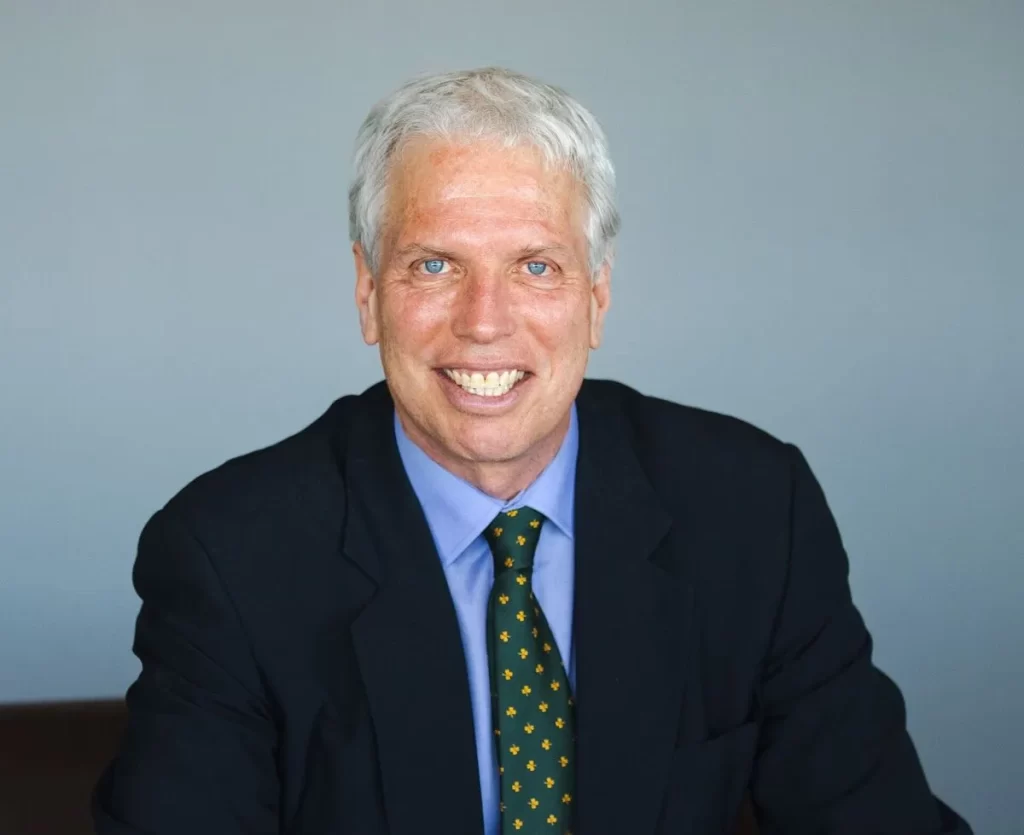
Rocci Luppicini, Associate Professor, Department of Communication, Faculty of Arts, University of Ottawa, was my uOttawa PhD thesis supervisor in the PhD in Digital Transformation and Innovation Program (E-Business) in the School of Electrical Engineering and Computer Science (EECS), Faculty of Engineering (2015-2019). Before this he was my MA in Communication thesis supervisor in the Department of Communication (2012-2015).
What good is a university professor who cannot be trusted?
Professor Rocci Luppicini betrayed my trust in him after close to a decade of graduate-level work under his supervision at the University of Ottawa (How I know uOttawa Professor Rocci Luppicini). Rocci Luppicini abruptly cut me off from any support following a short postdoctoral fellowship with him which was cut short for lack of university funding. Basically he pretended we’ve never met and schemed behind the scenes to waste my time and derail my academic march.
Read my letter to uOttawa President Jacques Frémont about how to easily implement policy reforms to prevent supervisor bullying of students: Letter to uOttawa President Jacques Frémont. You may also be interested in How to end supervisor bullying at uOttawa (and beyond).
You be the judge
I will give four examples to demonstrate deliberate sabotage/arrested development against me. The tactic used by Professor Rocci Luppicini can be understood as bullying, a form of workplace harassment.
Example 1: In the fall term of 2019 Professor Rocci Luppicini wanted to fail me the term. He said the submitted PhD thesis manuscript was not good enough to move forward to the thesis evaluation stage. When I tried to talk it over with him, he gave me the passive aggressive response. I knew then he just wanted to control my life.
My response was to respectfully ask him to help me find another supervisor, one he would approve of. He retracted his decision (I was right, the PhD thesis manuscript passed the thesis evaluation unanimously).
My PhD thesis submission email timeline DTI uOttawa (read the emails)
My PhD thesis completion timeline DTI uOttawa
Example 2: I had started a postdoctoral research fellowship in November 2020 with Professor Rocci Luppicini at the Department of Communication. The fellowship folded on December 16, 2020, for lack of external funding. In February 2021, I prepared an application for the Mitacs Canadian Science Policy Fellowship and asked Professor Rocci Luppicini for a reference letter. That’s when I discovered he has no interest in helping me. He never bothered to reply to any of my emails (ever since the postdoctoral fellowship ended). In fact, he left me sharing successive drafts of my Mitacs application with him just to waste my time:
I did in fact submit the Mitacs CSPF application but Professor Rocci Luppicini never submitted a reference letter, thus my application was not accepted.
Importantly, by doing this he deprived me of the opportunity of a tenure-track professorship in the Department of Communication.
Example 3: In a face-to-face meeting in early Jan. 2020 in his office Rocci told me he wants to be the first author of the publications to come out of the PhD thesis (the empirical study summary paper and the theoretical paper – though I was always glad to give him the latter and have offered it to him explicitly, in writing, including after the postdoctoral fellowship ended). I nodded because I had no other choice.
It was a setup. The request was not fair. In its context, it constituted bullying. While I do not have his request for first authorship in writing (it was verbal), one look at the postdoctoral research and publication agenda (Individual Development Plan (IDP) (with Appendices and Tables) shows how delicate and precarious the issue of authorship was. Importantly, the request was not fair because Luppicini’s level of contribution to the intellectual development of the PhD thesis does not warrant or justify in any way first authorship for him:
Example 4: In front of his ethics and information society class on February 11, 2020, during a presentation he’d invited me deliver to his class about my PhD thesis work, Professor Rocci Luppicini explicitly told me I have to add a sentence in the PhD thesis Acknowledgments section that the idea of me interviewing subject matter experts from both academia and industry came from Professor Liam Peyton. When it most certainly came from me.
Rocci did not want me to look good.
I tried to dissuade him, saying it was my idea. But he insisted. I caved in eventually. But this coercion was unethical and unfair.
I had written an email on January 16, 2019 (an update of my research activities – see highlighted sentence) to my PhD thesis advisory committee, which includes professors Rocci Luppicini, Liam Peyton, and Andre Vellino, that unambiguously states that the data collection methods of my PhD research will be comprised of “in-depth interviews with industry and academic subject matter experts and key stakeholder groups, and organizational documentation”.
In fact, I got the idea of Teaching vs Practice for my PhD thesis on January 7, 2019, from a wall poster by Kate Polle and Lynne Bowker titled Crossing Borders: Translation Studies and Information Science hung in uOttawa’s Department of Communication on the 11th floor of the Desmarais Building.
I communicate more notable bullying incidents in my letter of September 1, 2021, to uOttawa President Jacques Frémont: uOttawa President Jacques Frémont dismisses call for policy reform.
What about the MA thesis supervision period?
I have explained and demonstrated Rocci’s contributions to the PhD thesis—I have shown that draft after draft he failed to offer meaningful or useful input. I have posted my PhD thesis drafts online with his useless “feedback”. When I did write a good thesis, he wanted to fail me. Yet, I offered to split 50/50 with him first authorship for any publications based on the PhD thesis.
Now I want to address the MA thesis work to provide a more complete picture about his supervision of my graduate studies at uOttawa, since Rocci was also my MA thesis supervisor.
You be the judge. Here are three examples. The point I am trying to make here is that I do not “owe” Rocci something—anything that would in any way justify deliberately sabotaging my academic career.
*Rocci stifled the correct application and presentation of Bunge’s theoretical framework.
You don’t begin a technoethical analysis by comparing intended ends with possible side effects. You begin, as I did, with defining your terms. For example, what do we mean by intended ends, and what do mean by side effects? More pertinently, what do the interview participants think (what are their perceptions regarding) the meaning of ethical hacking, the ethics of ethical hackers, etc.
Insofar as how I applied the theoretical framework, I applied it correctly. But Rocci asked me to misrepresent the way it was applied because “it might confuse people”, he said. I will leave it up to you to make sense of his argument. In reality, the correct and accurate way to present the framework should have been to state it as it was actually used in the thesis (step 1 was not comparing intended ends to possible side effects – but the way Rocci had reworked Bunge’s framework states that step 1 is that).
*Withholding helpful feedback.
Rocci did not write sections or paragraphs in the MA thesis. There are so many places in the MA thesis and subsequent publications off of the MA thesis that Rocci could have contributed to a better write up. One example, I used the term universities. He could have pointed out that a better term would have been higher education.
However you slice it, the MA thesis does not compare in sophistication and creativity to the PhD thesis. Rocci was glad to let me be first author for two co-authored publications off of the MA thesis but wanted to get credit for the much better work of the PhD thesis as his own creative work.
*Who fought for a good thesis?
When I was recruiting interview participants for the MA thesis, my first two requests (it could have been my first request) to the head of the IT department at the participating Canadian institution for interviews were denied. At this point, Rocci suggested that I should just move on to other options, talk to other interview participants. But I knew that interviewing practitioners from IT will make all the difference (my thesis was a case study into organizational ethical hacking practices). I decided to give it another try, and was granted an in-depth interview with the university’s IT security architect.
Birds of a feather … bully together
I launched SupervisorBullying.com because as soon as I spoke out about my supervisor bullying grievances (initially only to my LinkedIn connections), two of Rocci’s colleagues in the PhD in DTI uOttawa Program quickly joined forces with him to subjugate and silence me, namely, my PhD thesis advisory committee member and PhD thesis academic supervisor for Area 2 of the program Professor Liam Peyton, and my PhD thesis advisory committee member and PhD thesis examiner Professor Andre Vellino. They too cut me off from any academic support (see Related content).
This should never happen to anyone again
Four humble suggestions for fixing the system of graduate studies supervision in higher education to make it more fair and efficient:
1) Two supervisors are required to give a verdict (recommendation) on moving the PhD thesis manuscript forward to the written evaluation.
2) Reference letters should be regulated and standardized or formalized. Reference letters should not be used by supervising university professors as some kind of bargaining chip or as a way to intimidate or coerce or subjugate or extort or humiliate graduate students. I have no rights after all these years (to a document stating the hard facts of my long-running professional relationship with Professor Rocci Luppicini, in fact, as his exceptional/star student).
3) Establish an amnesty office designated specifically to handle claims of supervisor-student disputes pertaining to intellectual work/issues of authorship and workplace bullying/harassment. Graduate students cannot be penalized or shushed in any way for wanting to be open about personal grievances about demonstrable injustices against them by a tenured professor.
4) Postdoctoral fellowships with the same PhD supervising professor should be discouraged because it can create a form of professional “dependency” and create unspoken and sometimes unfair expectations.
The happy ending in this story (and it is certainly worthwhile) is that I get to keep the intellectual work of my PhD studies in my name.
Thank you for your interest. Please let me know if something needs clarity or if you can help in any way to affect positive change in Canadian post-secondary education (ideas about possible next steps, contacts, words of support, etc.).
A petition to reform supervisor-student politics (ethics/rules of conduct) in Canadian universities will be launched soon. The struggle will be long and difficult. Your patience and support are appreciated.
This post is informational only.
Sincerely,
Baha Abu-Shaqra, PhD
Postdoctoral Fellow,
University of Ottawa
Related content
1st Annual University of Ottawa Supervisor Bullying ESG Business Risk Assessment Briefing
Disgraced uOttawa President Jacques Frémont ignores bullying problem
How to end supervisor bullying at uOttawa
PhD in DTI uOttawa program review
Rocci Luppicini – Supervisor bullying at uOttawa case updates
The case for policy reform: Tyranny
The trouble with uOttawa Prof. A. Vellino
The ugly truth about uOttawa Prof. Liam Peyton
uOttawa President Jacques Frémont ignores university bullying problem
uOttawa Prof. Liam Peyton denies academic support to postdoc
Updated uOttawa policies and regulations: A power grab
Why a PhD from uOttawa may not be worth the paper it’s printed on
Why uOttawa Prof. Andre Vellino refused academic support to postdoc



